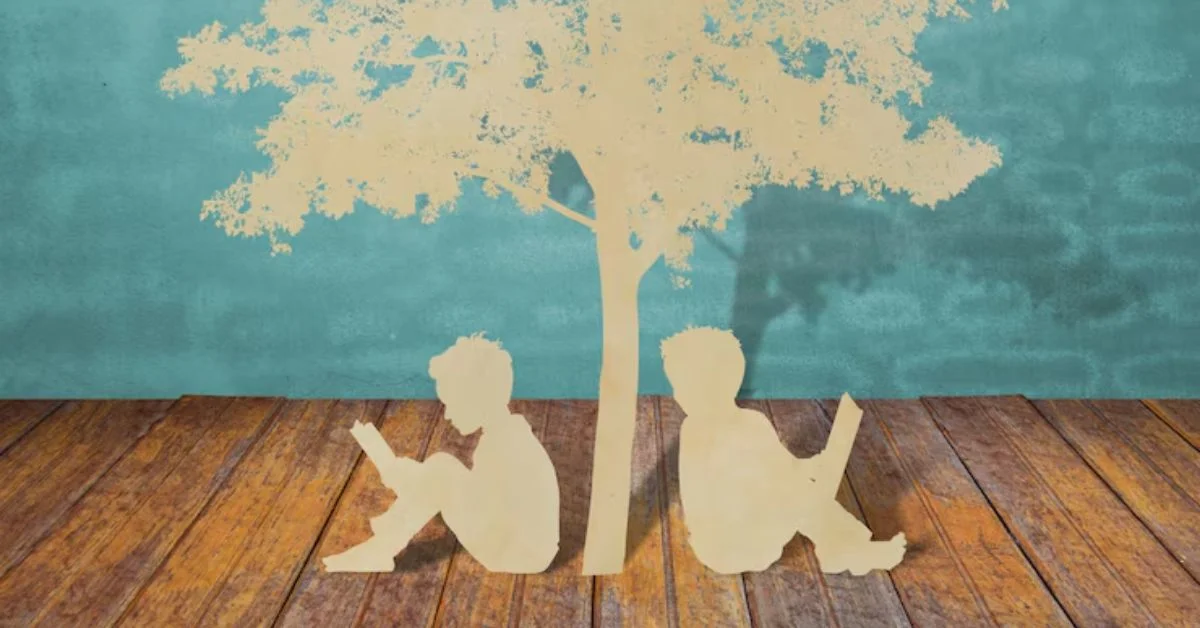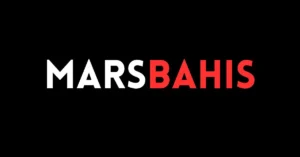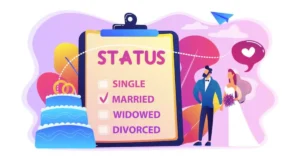For many curious internet users, the term “lillienu” has recently emerged as a digital enigma—showing up in discussions, tags, usernames, or scattered references in niche corners of the web. But what exactly does “lillienu” mean? Where did it come from? Why is it gaining attention?
In simple terms, “lillienu” is a contemporary coined term, often used in digital subcultures to express uniqueness, emotional duality, or an aesthetic blend of modern softness and nostalgic strength. Its usage stretches from usernames in online forums to descriptors in art and writing communities. Though still niche, its resonance is growing as the internet evolves with new forms of identity expression.
The word itself is not found in traditional dictionaries or linguistic roots. Its rise is largely organic, created and nurtured by the communities that use it. To understand it is to understand how the internet continually births new vocabulary to fill the emotional and aesthetic gaps in language.
What Does “Lillienu” Mean?
“Lillienu” is a compound neologism, widely interpreted by users as representing a blend of delicacy (suggested by “Lillie,” possibly referencing the lily flower) and strength or uniqueness (denoted by the suffix “-enu,” which feels phonetically strong and distinctive). It embodies a personality or aesthetic that is soft, elegant, emotionally layered, yet quietly powerful.
Used in captions, usernames, and stylized writing, it is often not meant to be defined narrowly. Instead, it’s used to evoke a mood, a vibe, or even a personal brand. For example, someone might say, “That photo is very lillienu,” referring to its ethereal and balanced nature.
READ MORE: Unpacking the Legacy: A Deep Dive into rap-quotes.com Blog Archives
Origins: Where Did Lillienu Come From?
Though there is no singular point of origin, the term “lillienu” is believed to have first appeared in creative writing platforms and alt-Instagram subcultures between 2020 and 2022. Initially spotted in usernames or stylized bios, it carried connotations of uniqueness and ethereal presence.
The digital age, especially during the pandemic years, saw a renaissance in identity curation online. People weren’t just expressing themselves—they were constructing personas. In these spaces, terms like it acted as linguistic accessories—soft signals of who you were, what you felt, and how you wanted to be seen.
There is no direct etymology in any major language, which strengthens the idea that it is a “feeling word” more than a lexical one. Its rise reflects how user-generated language is changing the landscape of digital expression.
How It Is Used Online
The most frequent uses of lillienu include:
- Usernames: Often seen as @lillienu__, @itslillienu, etc.
- Aesthetic Tags: Accompanying posts that feature calm, balanced, pastel, or emotionally rich content.
- Emotional Descriptors: “I’m feeling very lilienu today,” to describe a mixed emotional state.
- Creative Work: Used in poems, art captions, or visual series as a thematic label.
While not “viral” in the traditional sense, lilienu is viral in spirit—it spreads not through mass attention, but through intimate resonance.
The Emotional Palette of Lillienu
To understand lilienu is to step into a psychological and emotional aesthetic. It’s less about hard facts and more about the feeling behind the term.
Common emotions associated with lillienu:
| Emotion | Description |
|---|---|
| Melancholic Joy | A nostalgic sadness laced with gentle happiness |
| Serene Resilience | The quiet strength in enduring gracefully |
| Whimsy | A delicate imagination that doesn’t try too hard |
| Inner Complexity | Being emotionally layered, sensitive, and introspective |
It is often adopted by those who feel “in-between”: in-between childhood and adulthood, in-between gender labels, or in-between mainstream and alternative aesthetics.
Comparing Lillienu to Similar Aesthetic Terms
| Term | Origin | Usage Style | Difference from Lillienu |
|---|---|---|---|
| Cottagecore | Internet (Tumblr) | Visual, Lifestyle | More rural, less emotional depth |
| Soft Girl | TikTok | Fashion, Vibe | More about surface appearance |
| Dreamcore | Reddit/TikTok | Surreal, Visual | More eerie, abstract |
| Lillienu | Community-forged | Emotional, Subtle | Deeply psychological and soft |
Lilienu feels more personal and inward-facing, while many aesthetic terms focus on outward presentation. It fits into a broader dialogue about how identity is emotionally lived.
Why Gen Z Gravitate Toward Words Like Lillienu
Gen Z—digital natives with heightened emotional awareness—are redefining communication with nuance and sensitivity. Words like lilienu offer:
- A way to name unnamed feelings
- An identity tool that doesn’t demand hard labels
- An escape from algorithmic sameness
In a world of hashtags and filters, language becomes a sanctuary, and lillienu is part of that safe space.
Moreover, many young people reject binary categorizations, and terms like lilienu offer a middle ground, a grey area where emotions can exist without needing justification.
Digital Identity and Lillienu
In digital spaces, names are not just identifiers—they are statements. Choosing “lillienu” as a handle or tag tells others:
- You value subtlety over spectacle
- You embrace complexity
- You lean toward introspection and creativity
This makes it especially appealing for writers, artists, and niche community builders.
Interestingly, there are increasing cases of micro-influencers adopting the term in brand-building, using it to imply a more “authentic,” emotionally intelligent persona.
Cultural Impacts and Shifting Semantics
The rise of words like lilienu illustrates a larger shift in cultural semantics. We are moving from denotative language (what a word literally means) to connotative language (what a word feels like).
This is significant in an era of mental health awareness, aesthetic subcultures, and identity fluidity. People want words that reflect their inner worlds.
It is not just a word—it’s a code, a quiet rebellion against generic identity in favor of personal resonance.
Academic Views on Neologisms
Linguists have long studied how new words emerge in digital spaces. According to recent analyses, neologisms today evolve faster and more emotionally than ever.
What makes “lillienu” notable is:
- Its lack of a commercial origin
- Its emotionally weighted nature
- Its ability to foster micro-communities
These qualities make it a compelling case study in modern linguistics, sociology, and digital anthropology.
READ MORE: Blessed Hands: A Deeper Look at the Gift That Transcends Professions and Cultures
Final Thoughts
Lillienu stands as a powerful testament to the ever-changing way humans express identity, emotion, and aesthetic values online. It doesn’t need a dictionary entry to matter—it already lives richly in the minds and screens of those who use it.
Its power lies not in its popularity, but in its resonance. In an era saturated with loudness, lillienu whispers—and that’s exactly why it’s unforgettable.
FAQs
1. Is Lillienu a real word?
Not in traditional dictionaries, but it functions as a real word in digital subcultures. Its meaning is determined by usage.
2. How do you pronounce Lillienu?
Most commonly: Lil-ee-en-oo (IPA: /ˈlɪliˌɛnu/), though variations exist based on user preference.
3. What kind of people use the term Lillienu?
Often creative individuals, writers, introverts, or those involved in aesthetic-based online communities.
4. Can I use Lillienu as a brand or username?
Absolutely. Just know that it carries emotional and aesthetic connotations that may shape how you’re perceived online.
5. Will Lillienu become mainstream?
Unlikely in a traditional sense, but it may become a hallmark within niche, emotionally intelligent digital circles.









